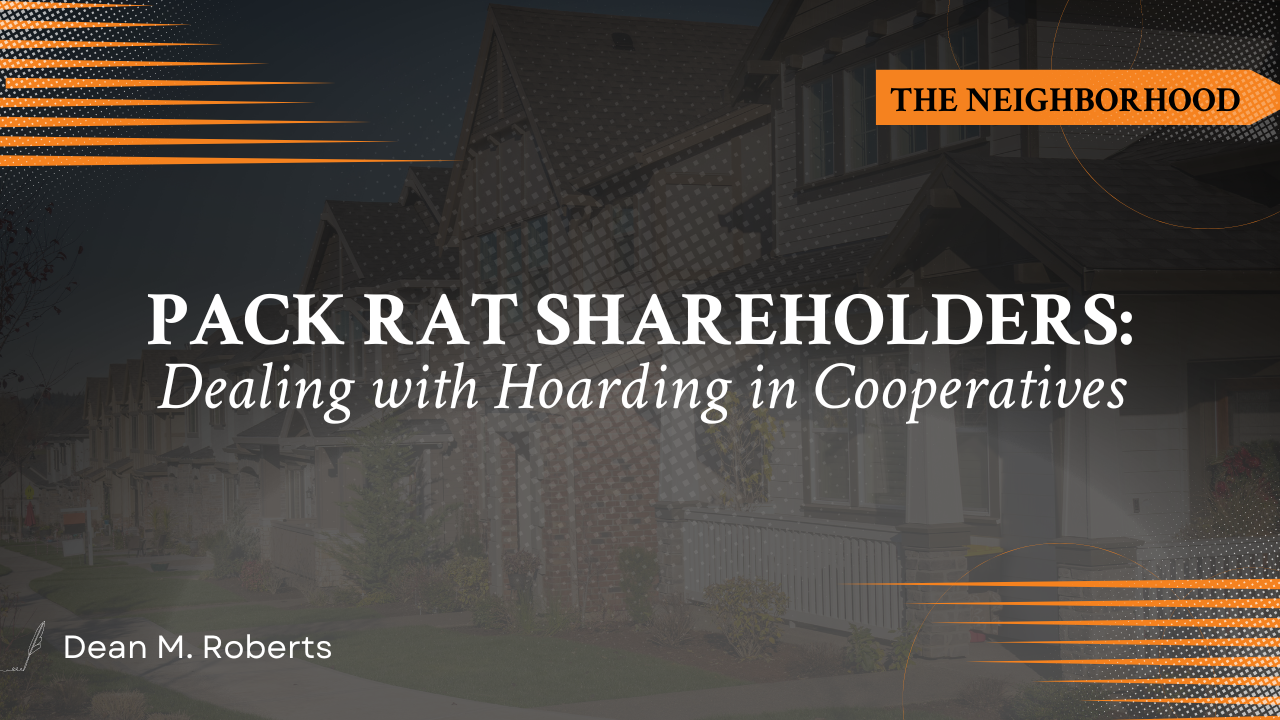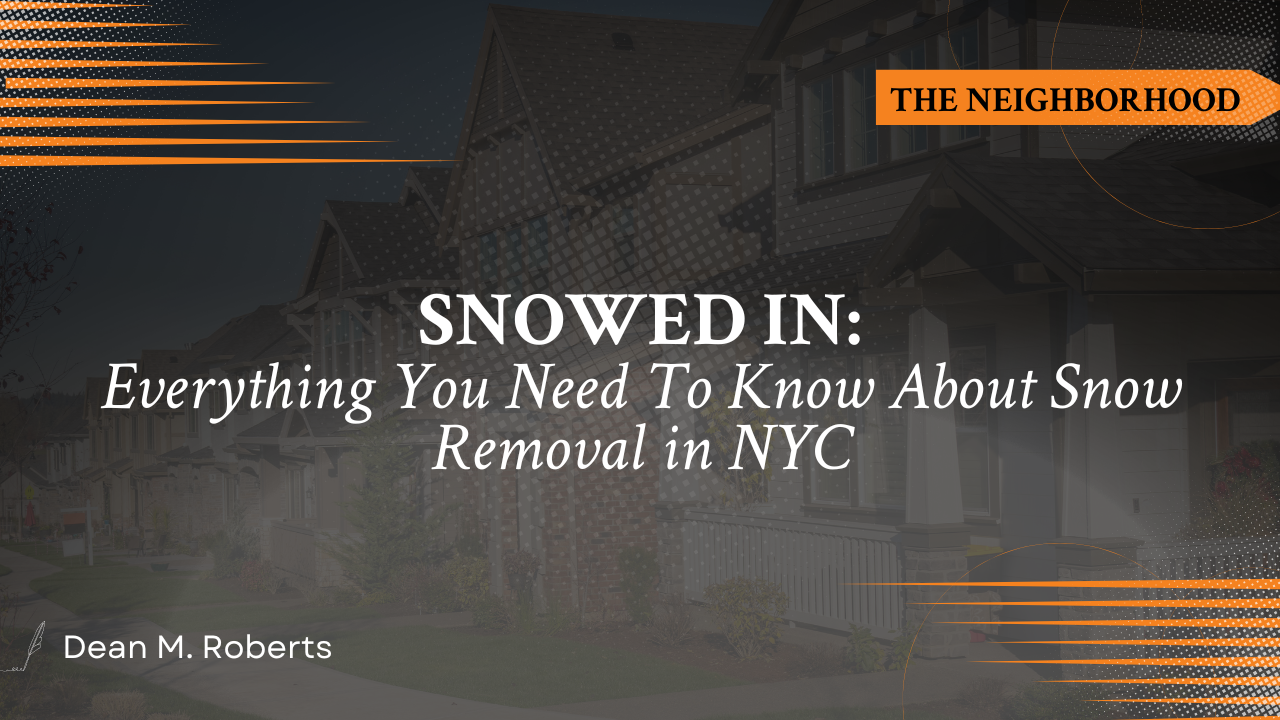COVID-19, Cooperatives, and the Collection of Maintenance and Rent

This blog post is a brief summary of the current status of the Housing Court in New York City and how that may affect the ability of cooperatives to collect maintenance from shareholders and rent revenue from commercial tenants for the balance of this year because of the COVID-19 pandemic. As you are aware, due to COVID-19 protocols and the Governor’s Executive Orders all courts in New York are essentially closed except for emergency matters. In addition, various governmental agencies have passed substantial limitations on the enforcement of foreclosure judgments or warrants of eviction. Currently, the most recent Executive Order from May 7, 2020, has extended this enforcement delay to August 20, 2020. The order also includes a provision banning the initiation of foreclosure or eviction proceedings due to maintenance or rent nonpayment for individuals or businesses affected by COVID-19, which also runs until August 20, 2020.
COVID-19 Limitations on Maintenance and Rent
Accordingly, it is important to consider how to address the issue of enforcing maintenance and rent obligations with the limitations created by the COVID-19-related orders. It is our opinion that cooperatives will be unable to commence nonpayment proceedings against default shareholders or tenants until at least September 2020. Further, even if the Housing Court reopens, we suspect it will be on a limited basis for new cases with priority given to holdover cases rather than nonpayment cases. In discussions with various landlord-tenant bar associations, what is emerging is that there is no clear plan for reopening the courts and that the political forces at play strongly push for delaying the opening of the courts. Given the issue of the large number of current cases, which will have to be dealt with after months of delay, as well as the physical structure of the Housing Courts, which have always been overburdened and therefore, nearly impossible to make compliant with social distancing requirements, the Housing Court will likely be the last of the courts to open.
In short, cooperatives will have to deal with what is likely to be a substantial increase in shareholders who default on maintenance and even more so, commercial tenants unable or unwilling to pay rent, while at the same time having limited or no access to the court system.
Commercial Tenants
For commercial tenants, this will mean entering into rent deferral agreements, security deposit drawdown agreements, and enforcement of personal lease guarantees. Cooperatives should also conduct a review of their commercial tenants to see which ones may fail as ongoing businesses and cooperatives compelled to retake possession of. In turn, initial planning should be conducted on the best means of marketing spaces and what will clearly be a difficult leasing market.
Cooperative Shareholders
For shareholders, it is recommended that the cooperatives take a two-pronged approach to deal with maintenance arrears. First, working with individual shareholders on payment plans that allow for less than full payment with the shareholder repaying the arrears over a period of time. Please note that under the Executive Orders, cooperatives are unable to charge late fees as of March 1, 2020. These agreements which the Cooperative has used previously would set forth specific amounts to be paid each month and a deadline for the shareholder to become current with their maintenance. The agreement serves two purposes, it codifies and makes clear the shareholder’s obligation and, should the shareholder default, it could be used in court, when they open, of the shareholder acknowledging to the debt. The agreements also reaffirm the collective nature of the cooperative itself and lessen the stigma of being in default.
The second and punitive course of action is to advise shareholders that should they fall into arrears, they would lose ancillary services such as parking, gym, etc. This is already a fairly standard cooperative policy, but it should be reiterated and used as an enforcement tool in lieu of legal proceedings that cannot be commenced.
In addition, non-regulated cooperatives can notify the shareholders’ lenders that they are in default of their recognition agreements and seek payment from the lender directly. However, as the banks are also prohibited from commencing litigation there is less incentive for them to make the required payments under the recognition agreement, i.e., banks know full well that their interest cannot be terminated by legal action. However, disclosure to the lender and its effect on potential credit scores is an effective tool for most shareholders.
We will continue to update you with any additional information on when the Housing Court system will begin to operate. However, as noted before it would be prudent to assume that this tool will not be available prior to September of this year and even then, to a limited degree only. Accordingly, the cooperative must plan to address the nonpayment of shareholders and tenants by means other than Housing Court litigation.
As we have for nearly 100 years, we stand ready to assist cooperatives during these trying times. If you have questions about this post or any related matters, please feel free to contact me at dmroberts@norris-law.com. For other topics related to COVID-19, visit our Coronavirus Thought Leadership Connection.
The information contained in this post may not reflect the most current developments, as the subject matter is extremely fluid and constantly changing. Please continue to monitor this site for ongoing developments. Readers are also cautioned against taking any action based on information contained herein without first seeking advice from professional legal counsel.




